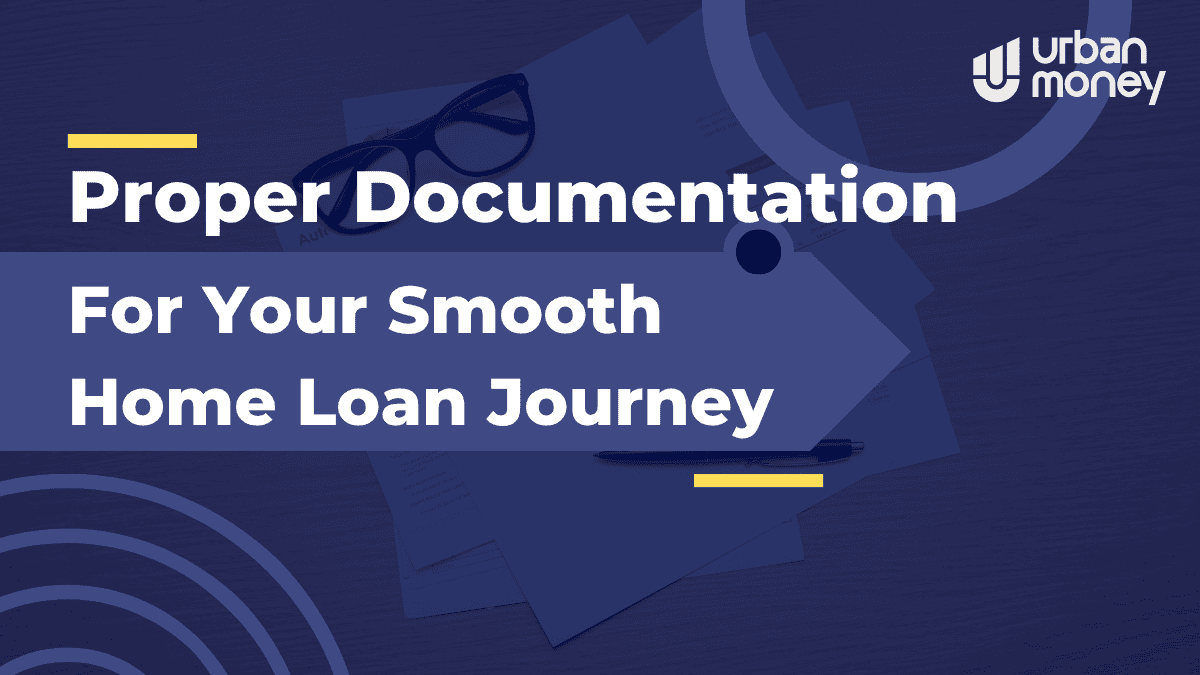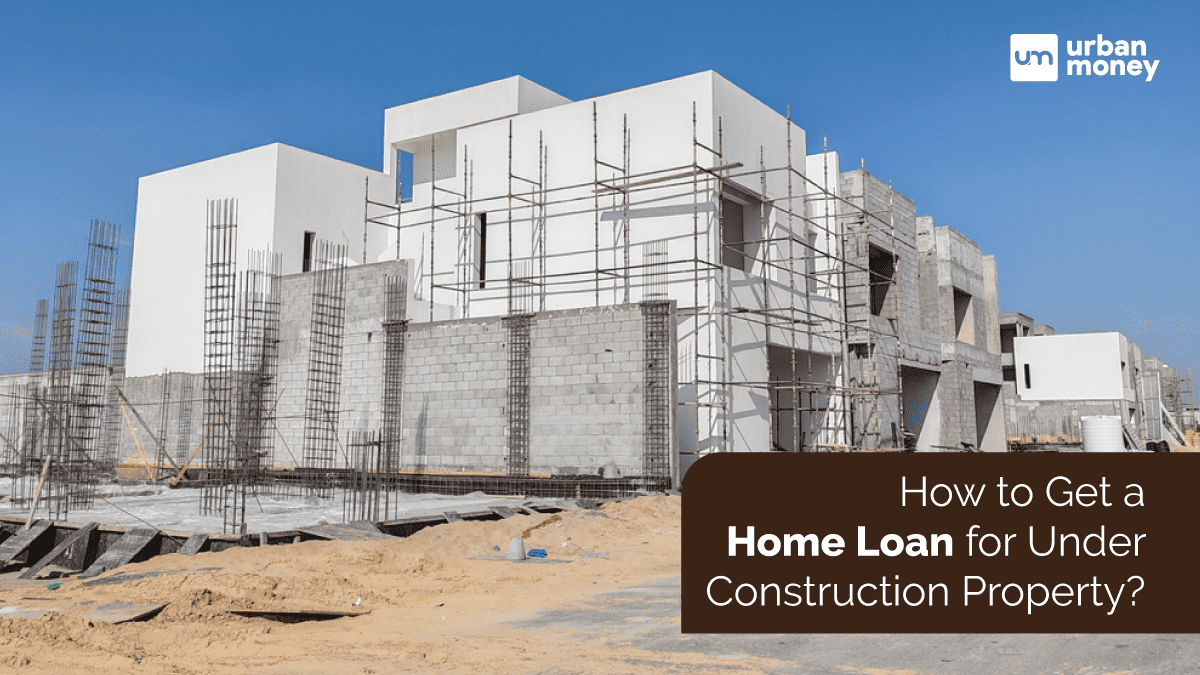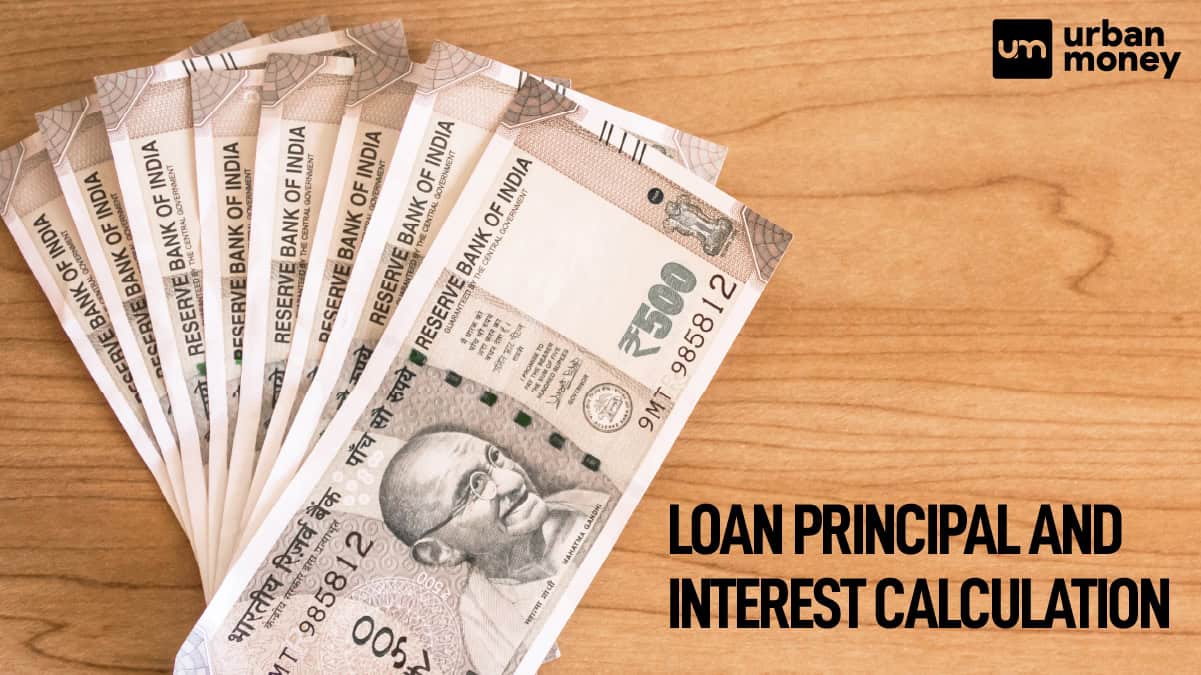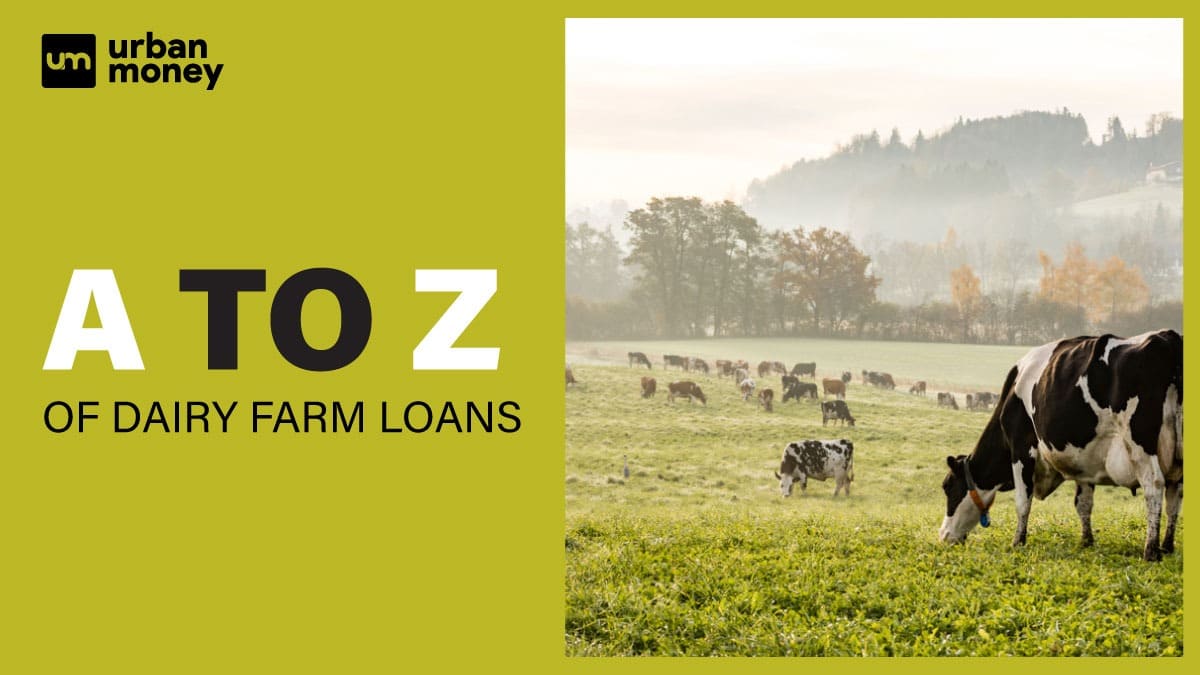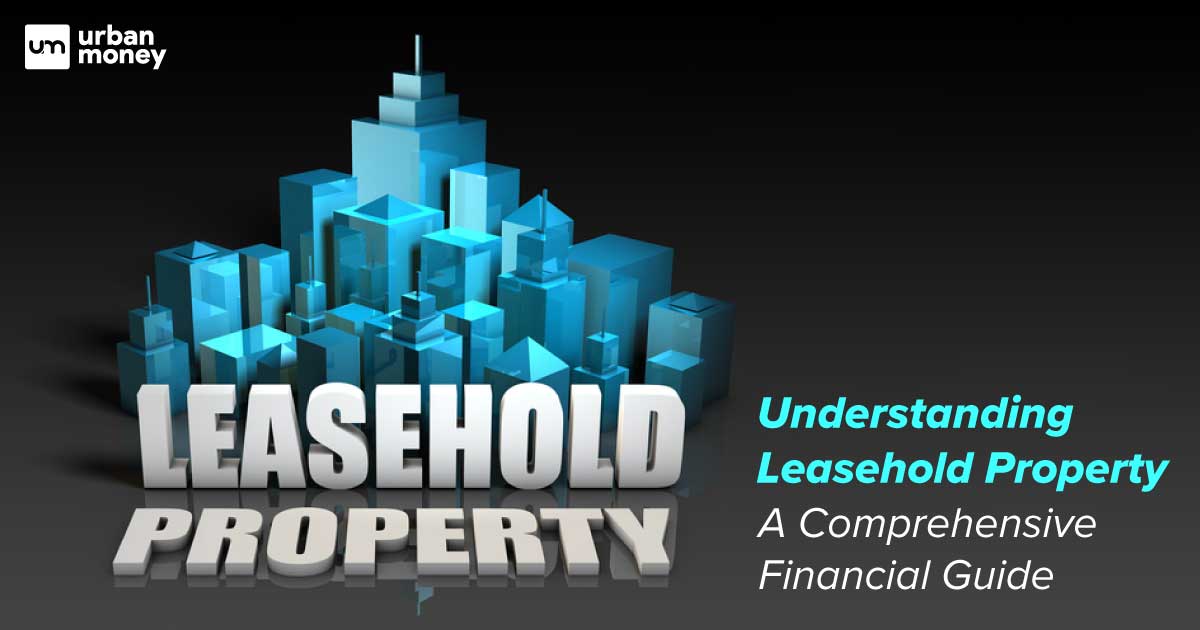Top 10 Best Private Banks in India List 2025
January 09, 2025
Home Loan Archive | Home Loan Tax Exemption

October 14, 2022


Building, a home of your imagination, is a dream come true. It feels magical when you hold the keys to your home. To achieve this vision and make it convenient for you, the Income Tax department gives you Home Loan Tax Exemption so that you don’t have to choose one at the cost of another. Income Tax Act 1961 particularly has some sections for the very same reason, i.e. Section 24b, 80C, 80EE etc., which gives you a rebate of up to INR 2 lakhs depending upon the criteria which the act has, like the type of property, age of construction etc.
Without further ado, let’s dive into home loan tax exemption and everything you need to know.
Table of Contents
ToggleOne thing everyone wants is to save their hard-earned money in any way possible, and there comes up the provisions being made available by the government under the Income Tax Act. Every commoner dreams of buying a house of their own choice, and if a home loan tax exemption is possible, it works as icing on the cake. The procedure through which you can opt for house loan tax exemption is mentioned below:-
Suppose you buy or invest in a property with a friend, or relative of yours. In that case, you can go for Joint Home Loan Borrowers and claim an exemption of up to INR 2 Lakh each, provided you are the co-owners of the property and pay for the EMI payments.
Note:- If you wish to purchase a property and pay the whole amount yourself, you can still avail of a house loan tax exemption (it’s not available for self-occupied properties).
U/S 80C of Income Tax Act 1961, the house loan principal amount tax exemption can be availed by the mentioned procedure:-
The Stamp duty and registration charges may be included in the deduction but can only be claimed once.
We say it’s always good to have two rather than one. The same case applies when you choose to be the co-owners of a property. The benefits of home loan tax exemption increase in the case of Joint Home Loan Borrowers. Only single-tune benefits are claimed in the case of an individual, but in the case of Joint Home Loan, each gets benefits individually up to INR 1.5 lakhs U/S 80C and INR 2 lakhs on home loan principal and its interest U/S 24b. Investment is a singleton, but tax exemption gets doubled, just like icing on the cake.
You can also choose to get a deduction in the Stamp duty and Registration charges under Section 80C other than the principal component deduction but all within the limit of INR 1.5 lakh.
But, these deductions can only be claimed in the year when all the expenses are incurred.
You can easily calculate the Home Loan Tax benefits using an online calculator; you just have to fill in the details mentioned below correctly. You’ll have what you asked for in just a click away:-
– Section 24B- If the property is self-occupied, then INR 2 lakh is the exemption amount or else the non-self-occupied property has no limit.
– Section 80C- In both self-occupied and non-self-occupied properties, the exemption amount is INR 1.5 lakh.
– Section 80EE- It is similar to 80C, i.e. the tax exemption will be up to INR 1.5 lakh in the case of self-occupied and non-self-occupied property.
When you decide to go for co-ownership of the property, you save twice the tax on a single property. You can get all the essential information related to it compiled below in one place:-
| Section | Maximum Deduction | Deduction Type | Conditions |
| 24b | INR 2 lakh | Interest | Bought or constructed a house within five years from the financial year the loan started |
| 80C | INR 1.5 lakh | Principal | Property can’t be sold within five years or its purchase |
| 80C | INR 1.5 lakh | Stamp Duty | Must be claimed in the same year it was spent |
| 80EE | INR 50,000 | Interest | When the property value is up to INR 50 lakh or loan amount is up to INR 35 lakh |
| 80EEA | INR 1.5 lakh | Interest | Property which has a stamp value of up to INR 45 lakh. |
You don’t have to worry about how you can claim the tax benefits as everything for your ease is mentioned below:-
Note:- If you are a working professional and you forget to follow the above step, you are liable to have to file the Income tax return known as ITR.
If you are thinking about renting out your property, there is no need to worry about how you’re going to get tax exemption as you can still claim home loan tax for your property by these steps:-
Step 1:- Deductions which are applicable on interest paid on the home loan can be claimed. The cherry on top, they can be claimed without any cap limit of INR 2 lakhs.
Step 2:- In a year, whatever municipal taxes are paid can also be claimed as a deduction.
Step 3:- As per Section 24(a) of the IT Act, 30% of the annual value of the property can be claimed
You can always save more even if you buy a second home. As per current guidelines from FY 2021-22, the entire paid interest amount can be claimed as tax benefits that are relevant to the applicable amount.
As per the guidelines, the co-applicant must also be the co-owner of the property to avail of home loan tax exemption. If you’re not into the Joint Home Loan Borrower category, then you will not be able to get the exemption benefits.
| Related Resource |
| Home Loans For Women |
| Plot Loans for Land Purchase |
| Top Housing Finance Companies in India |
| Home Buying Tips |
| Top Home Loans |
Yes, you can. It is stated by the Mumbai bench of the IT Appellate Tribunal that a taxpayer need not be required to submit an occupancy certificate as it has no correlation with the home loan tax exemption process.
If you are a first-time home buyer, as per Section 80EEA of the Income Tax act, you are eligible for home loan tax exemption for the total amount paid for the loan under fair housing. Deduction of INR 1,50,000 lakhs is allowed in a financial year.
If you purchase a house and it's either under construction or constructed, you can get tax exemption of up to INR 2 lakhs under Section 24 of the Income Tax or up to INR 1.5 lakhs on principal payment under Section 80C.










© 2025 www.urbanmoney.com. All rights reserved.

Need Loan Assistance?






